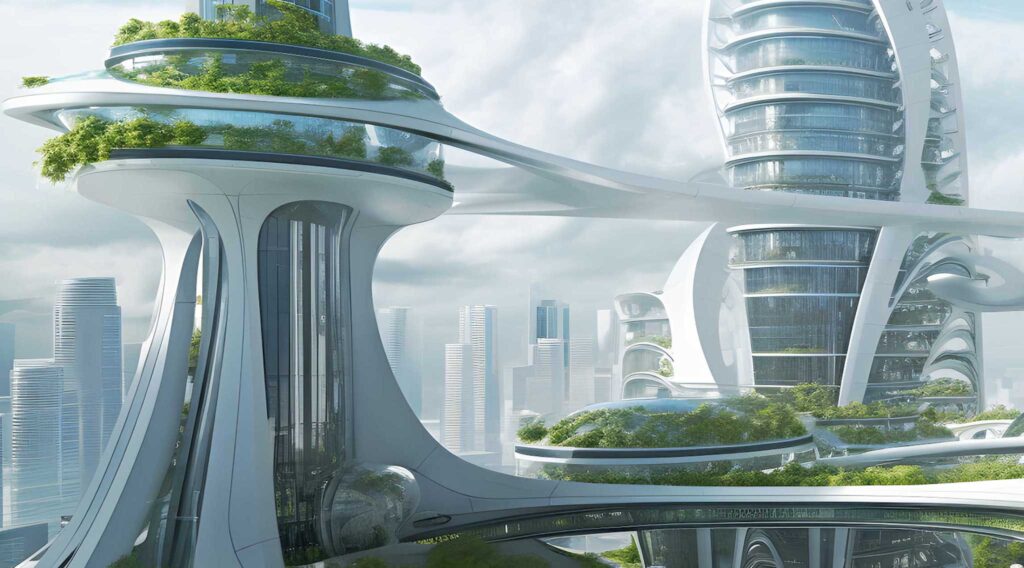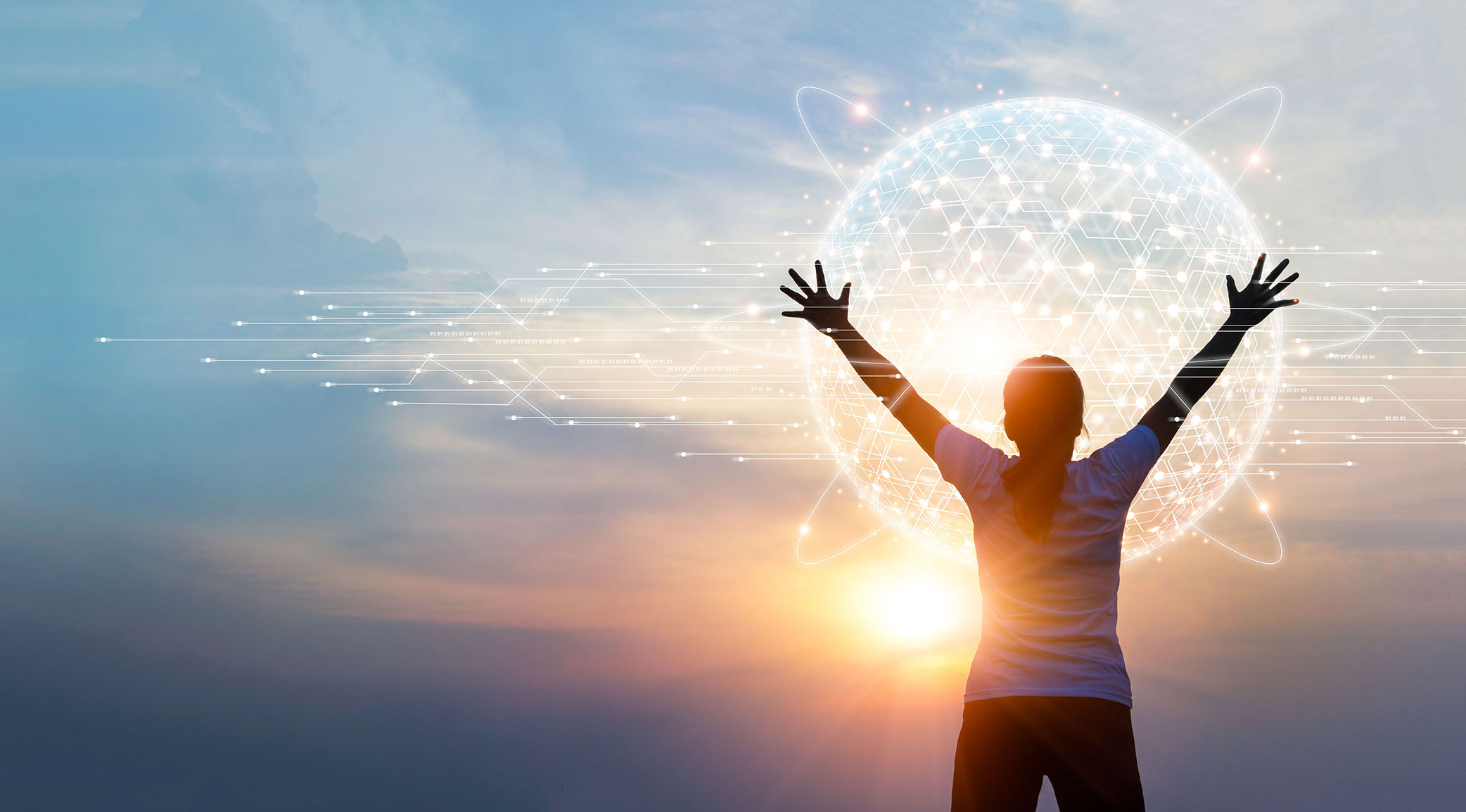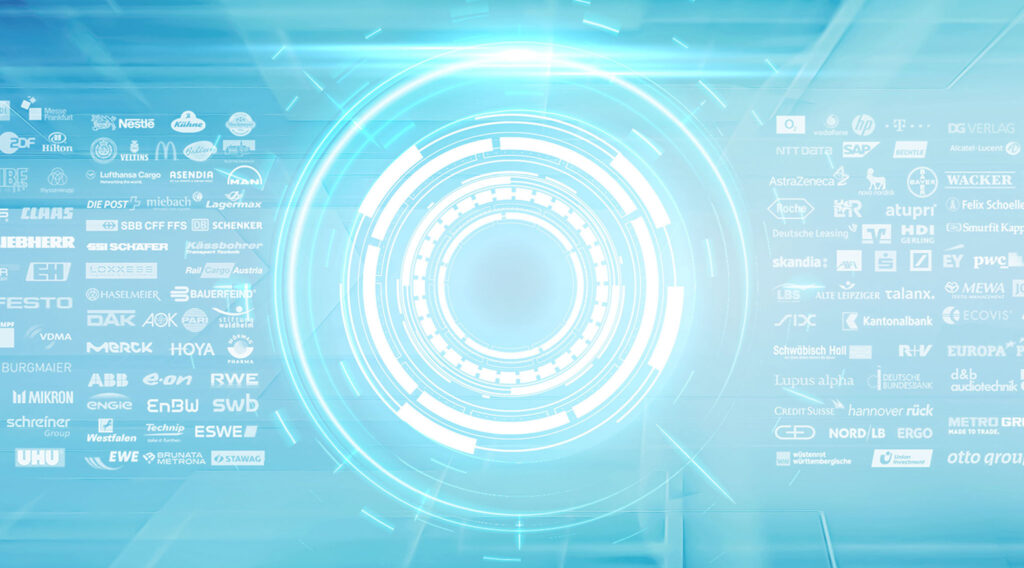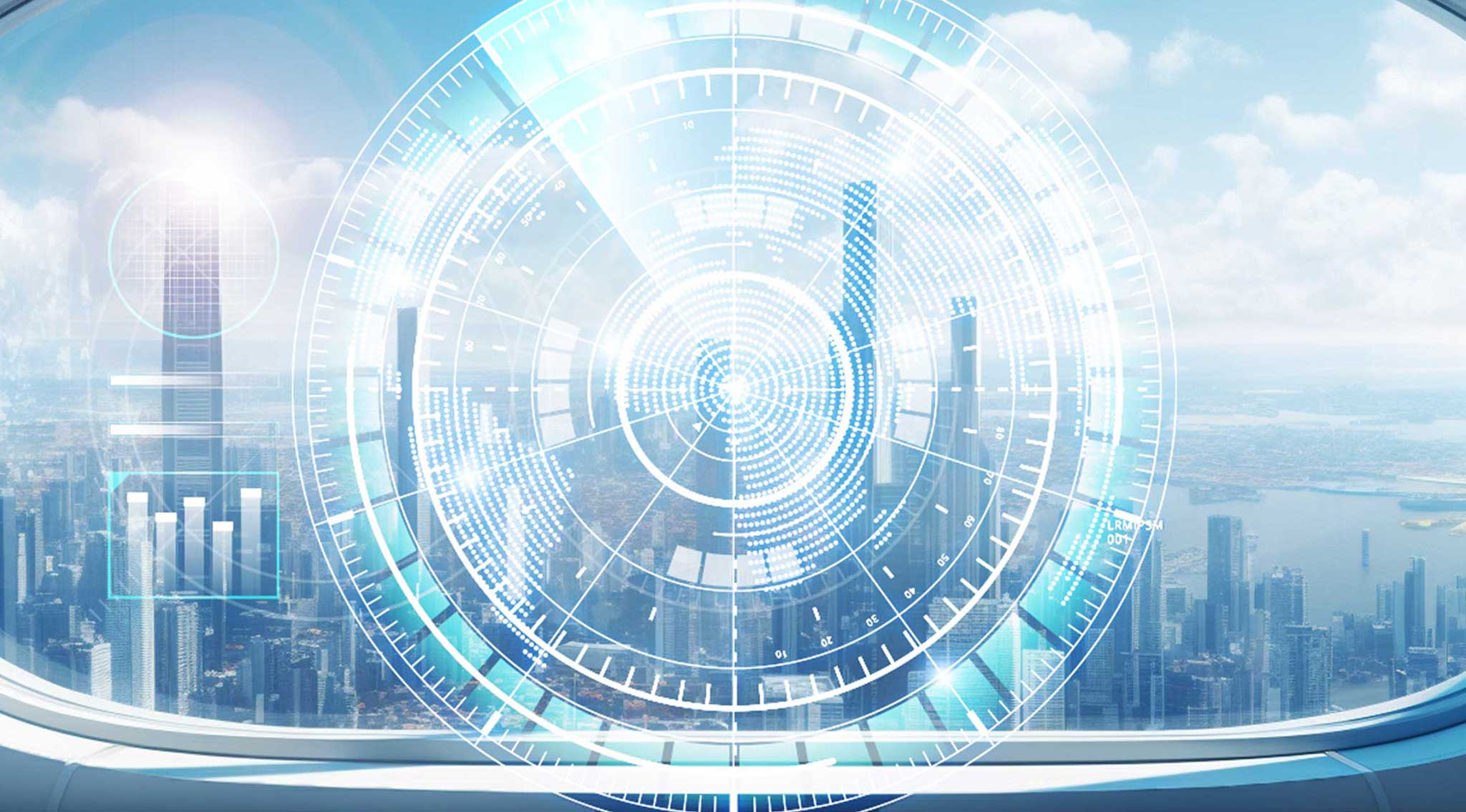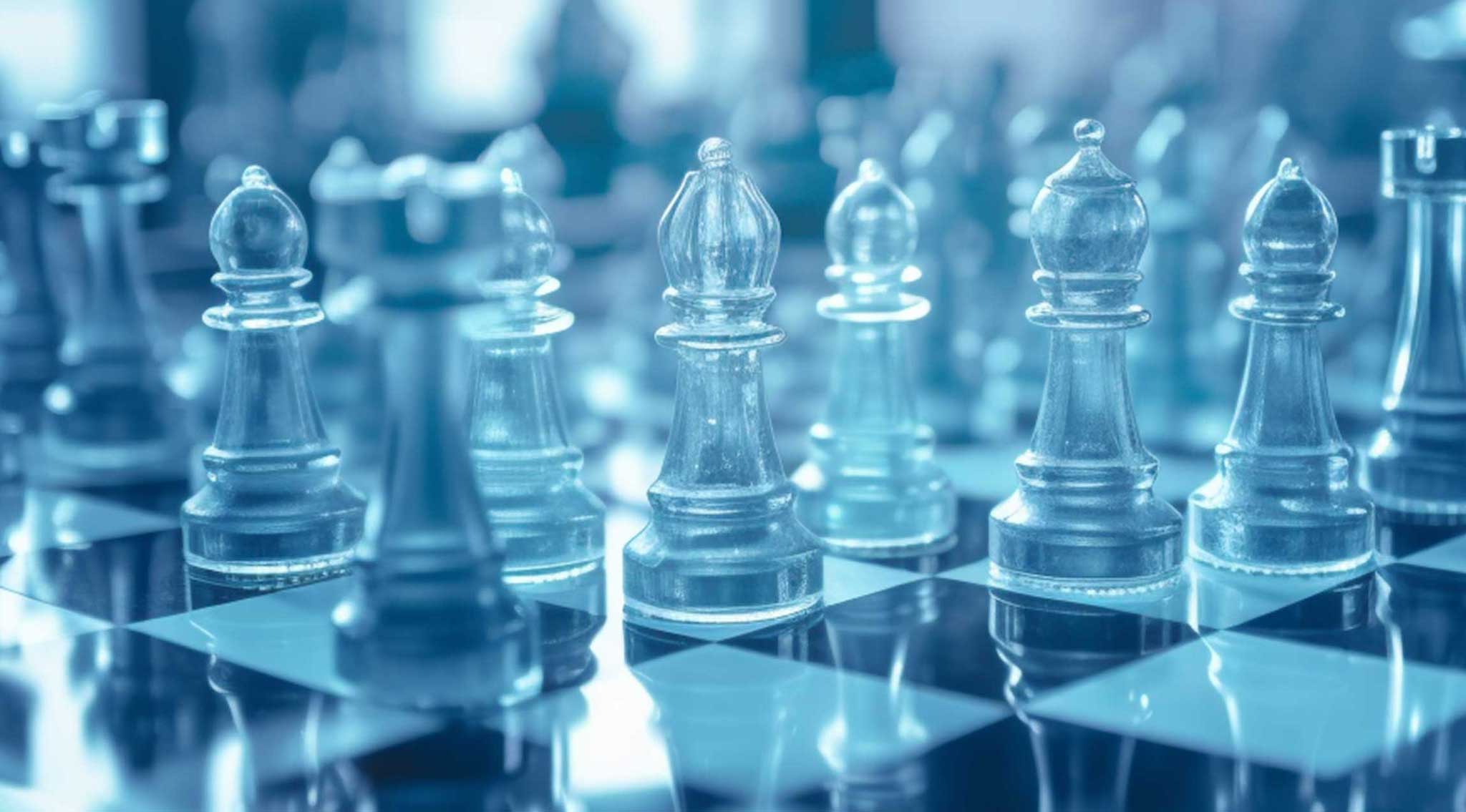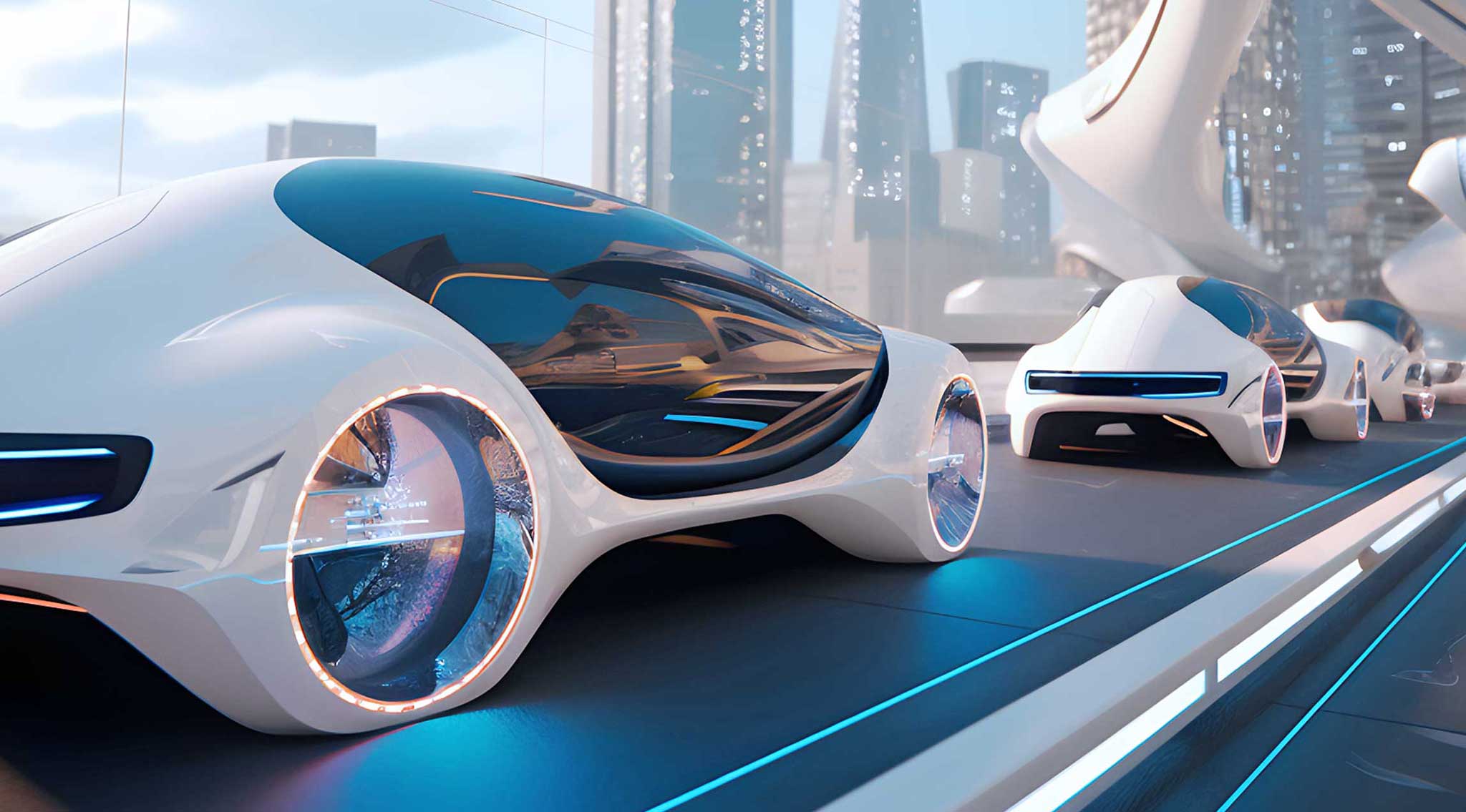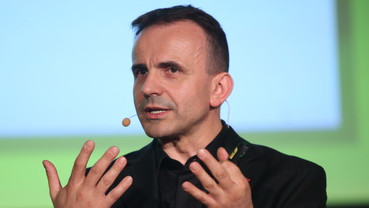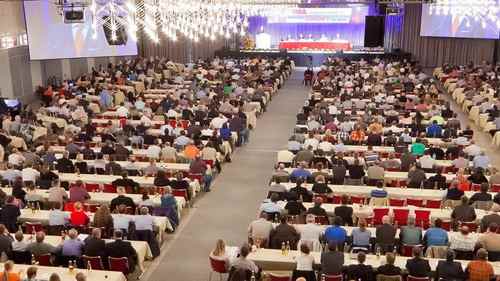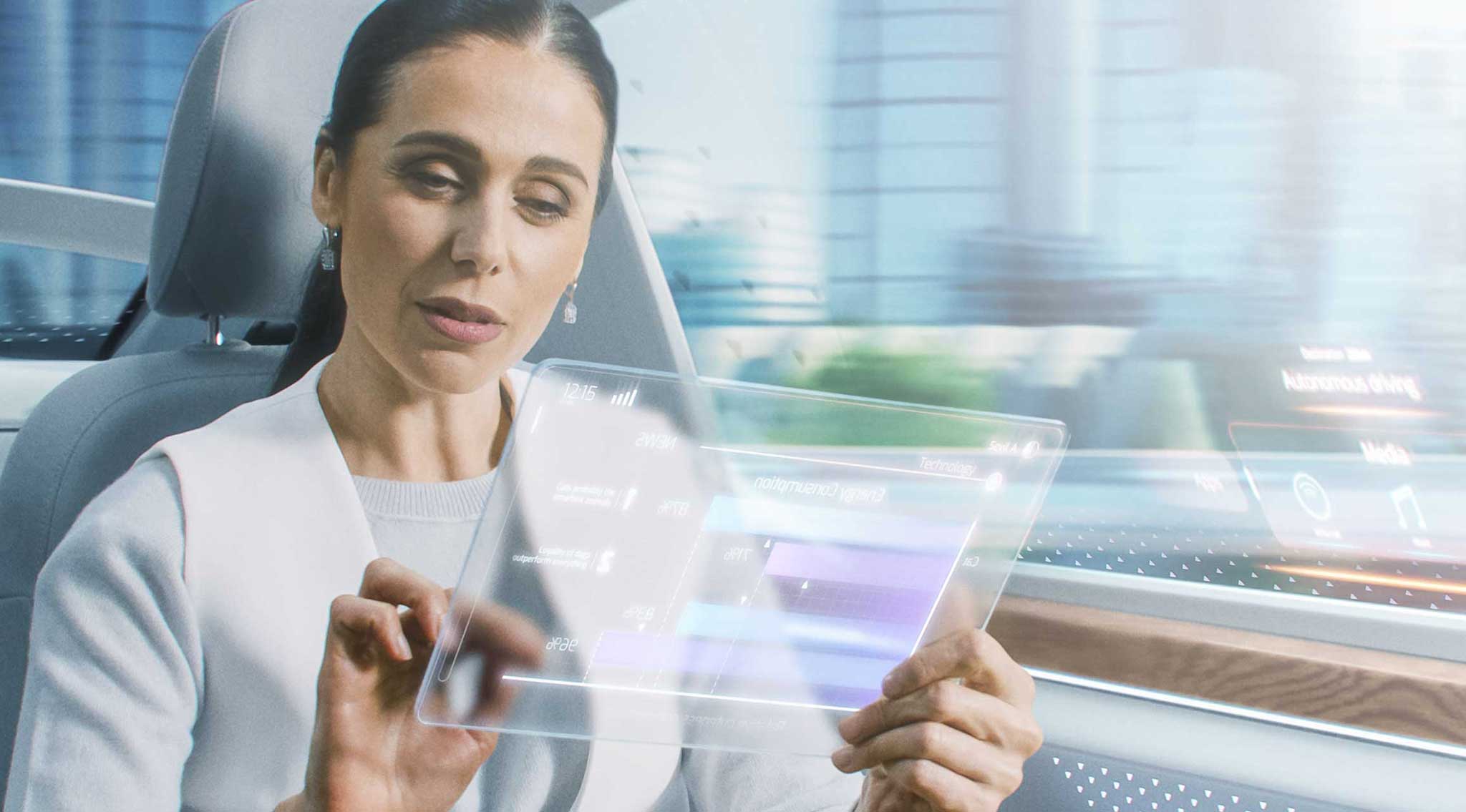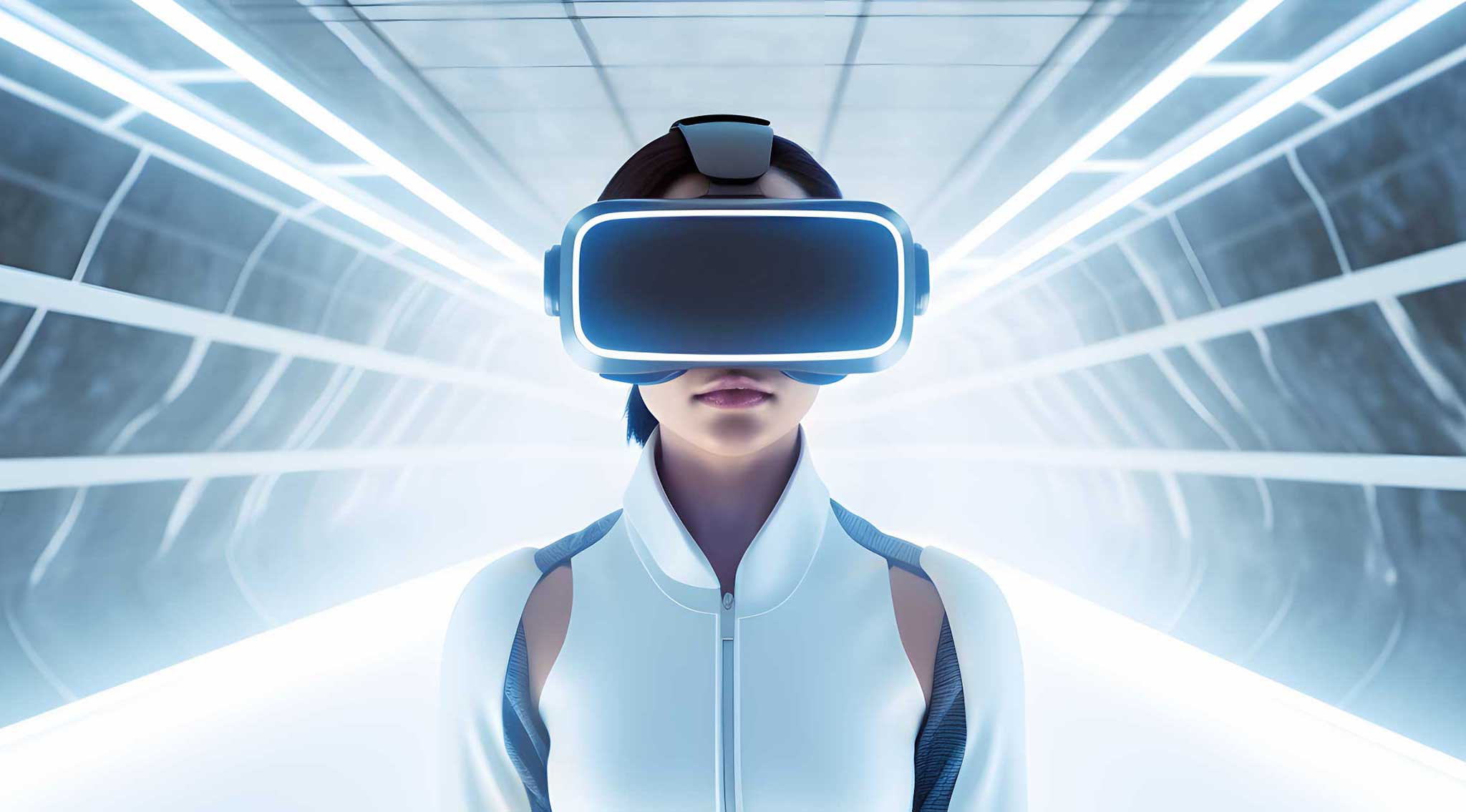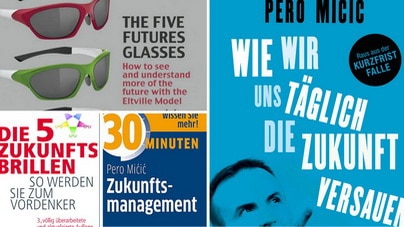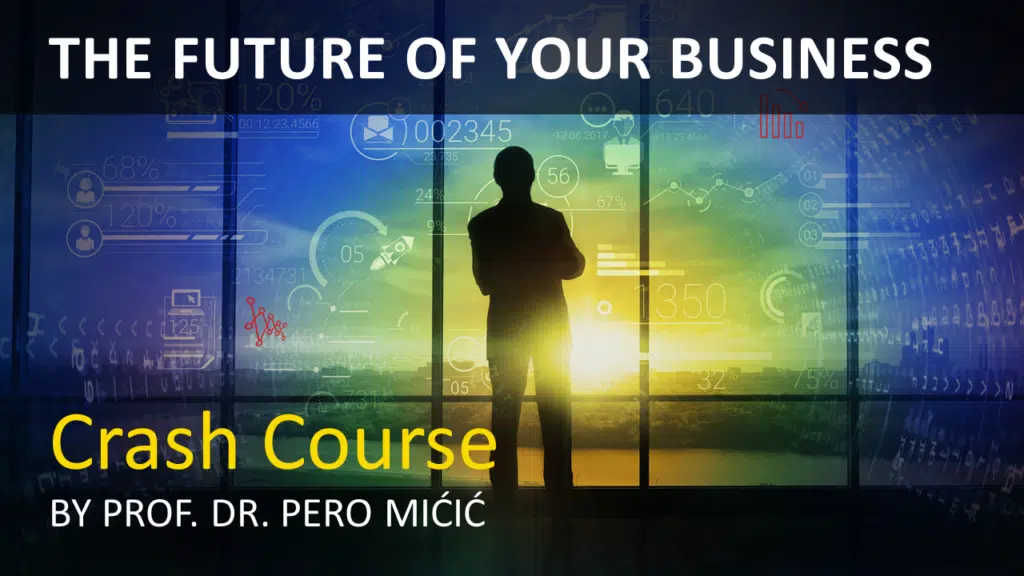The mantra of many life coaches is clear: The now is all that matters. Life takes place in the present alone. Future and past exist only in our minds. Only in the now time can man live in harmony with the universe. At first glance, it seems like the best possible advice to live only in the here and now. According to this, the root of many of our problems lies in the fact that we are mentally everywhere but with ourselves. While we eat, we text or watch TV. When we read an interesting book, we think of unfinished tasks. Walking through the spring morning, we do not hear the birds singing, but worry about the family.
Live completely in the here and now?
The insight of shelf meters of advice literature and adult education seminars by the dozen seems plausible: Forget about tomorrow and yesterday as much as possible and focus on today. Because happiness and fulfillment are always children of the moment. You do not experience both in the past and also not in the future, but always only in the present.
The trainers, coaches, therapists and consultants who propagate a life oriented to the moment naturally know the value of the future and the past. They do not deny that one learns from experience and can also learn from the future. But the basic tenor always remains the same: All that a person needs for a fulfilled life can be drawn from the here and now.
The message is well received. Eckhart Tolle’s book “Now! The Power of the Present” has been translated into 35 languages and has found millions of readers worldwide. For years, it topped Amazon’s “Spirituality” list at #1. Why are books and seminars with the “Here and Now Message” so enthusiastically absorbed by a wide audience?
Your illusion of the end of your story
Jordi Quoidbach and his team of researchers at Harvard University evaluated the personality traits of 19,000 test subjects between the ages of 18 and 68 according to how much they thought they had changed over the past ten years. As expected, participants were very aware of which of their life circumstances, values, and preferences had changed during this period. So the transfer from the past to the present worked out quite well.
But when it came to future changes, they suddenly lost track of their own lives. The majority of the test subjects assumed that everything would be the way it is forever, that they would not change any further. Quoidbach describes it this way: “It seems as if people regard the present as a kind of watershed in which their development is complete. In the present, they have become the person they will remain for the rest of their lives.” That’s pretty crazy, isn’t it?
One looks back at the personal development of the past years. Musical tastes have changed, the job is different, new friends have joined and former ones have disappeared. One has become a vegetarian or has discovered archery for himself. But if you are asked in the here and now how intensively you will change in the future, you consider further change to be largely out of the question. The personal future appears only as a protracted present, regardless of whether one is 18, 48 or 68 years old. The school-leaver sees herself at the end of her personal development, as does the 68-year-old pensioner.
The way our brain works shows that we humans are made for the moment, for living in the present. But there is a second factor that makes living in the here and now so attractive to us.
Mom.
Living in the moment offers tranquility and controllability. Here you can recover from the complexity of the world. The present is then easier to bear. Those who do not think about the past and the future make life easy for themselves. He doesn’t spoil his mood with thoughts of missed opportunities or coming threats.
For me, the desire for a purely present and supposedly carefree life expresses a longing for regression. In a way, one longs for the time of one’s childhood. Toddlers in particular are pronounced present tense creatures. If you let them, they live carefree into the day. A six-year-old doesn’t want her birthday to be tomorrow or the day after tomorrow, but today. With a saying like: “Anticipation is the best joy” you will not earn any understanding from her.
That is good and right! Children need this carefree phase of trust and security. But with adults I consider an existence, thinking and acting purely anchored in the present to be fatal and reprehensible. Unlike children, adults bear responsibility, not only for themselves, but also for family members, friends, employees, colleagues and, to some extent, for all people around the world. Adults should stop calling out for “mom” to get everything sorted out for them in an instant. The more responsibility someone has, the more the well-being and existence of other people depends on his decisions and actions, the more harmful and unconscionable is the fading out of the future.
Is the future to blame?
One could argue that nothing good has come from thinking about the future and acting for the future. Wars, extinction of species and financial crises are the result of people not wanting to be satisfied with what the here and now offers them. They demand more. A content life in the here and now would mean meaningful moderation, one might think. These are also the arguments of opponents of globalization, progress and free trade.
But this is a widespread error in thinking. Man’s greed for more is not an argument against future orientation! Greed is pure short-term orientation and downright the opposite of what I call for. We have brought our massive problems upon ourselves not because we have thought too much into the future, but because we have not done it sufficiently and not well enough!
It’s not about always having more and thinking more long-term in return. It is a matter of taking the long-term consequences of our actions and inactions more into account so that we can continue to do well in the future. Almost all of our big problems are because we didn’t recognize and solve them early enough when they were small problems, because of our short-term orientation.
Confucius stated as early as the 6th century B.C.: “He who does not worry about his future will soon have to worry about his today.” He knew that a life lived exclusively in the here and now is wrong and can have fatal consequences. What was right for Confucius 2500 years ago in a world that changed only slowly is all the more true in an unmanageably complex and constantly and rapidly changing world like today’s.
Now towards dystopia
Let’s do a thought experiment. What would happen if all the people on earth had their awareness of the future switched off? Let’s start very profanely: We would quickly become fat and sick because we would only eat according to the pure pleasure principle. We would not invest more, even in maintaining our homes, machinery and utilities. Investments become pointless without a focus on the future. Who would still create or maintain jobs? What is the point of adhering to laws and good manners if all thought of the consequences has been eliminated? We can already stop the experiment here. If we live our lives only in the here and now, we inevitably fall into one short-term trap after another. The result would be a horrific dystopia.
“But after all, I plan my vacation a year in advance, in five years – after the promotion – we want to have our own home, and I’ve already taken out the education insurance for the children,” you hear the objections. At first glance, we don’t do too badly when it comes to thinking ahead. We constantly set out to do and achieve something we find worthwhile. If we then also act according to the plan, all is well. As long as we feel good about it, we have no problem in thinking or doing.
It always becomes dangerous then,
- when it comes to decisions with major implications that scare us,
- when even thinking about the future is too exhausting for us, and
- when the action necessary for the future exhausts us too quickly in the present.
We must not put feeling good in the here and now above everything else.
The soul gives thanks
Of course, I do not want to demonize present clarity in general. Constantly thinking about the past and the future keeps us from doing. From this point of view, the present-time gurus are not at all wrong that we constantly cloud our present clarity with thoughts of the past and the future and become unhappy because we do not do what we actually want. Of course, focusing on the moment is good for the soul.
Individuals can simplify and decelerate their lives. Often we have to do this in order to be strong enough for far-sighted decisions and actions at the right moment. Personally slowing down, removing or simplifying the many non-essentials is perfectly fine. Simplify your life – wonderful! All this is not the problem.
When we were hunter-gatherers, past, present and future hardly differed from each other. We could still follow our instincts without any consequences and simply live completely in the here and now. But today this is wrong.
Reconcile now and the future
Can the good news of the here and now be so totally wrong? Yes, it is wrong if it is meant or understood to mean that one should block out the future.
We cannot turn back time, nor can we make everything complicated and complex around us simply disappear. Precisely because the future is so unpredictable, we need orientation more than ever. Precisely because of the immense complexity, we must not ignore the future. We need to keep up intelligently with the acceleration and complexity of life. Precisely because we have difficulty successfully managing this complexity, we must not live only in the here and now. It cannot make sense to deprive ourselves of our own free will of the sense of the future that we have gradually developed over millennia.
But the now-time prophets and the future managers can reconcile if they understand that the future, too, exists only in the now, in our minds. For us to be truly well in the here and now, the future must be “well ordered” in our minds. Otherwise, we feel and are disoriented and helpless in this complex and fast-paced world.
Only when the future can also have its effect in the here and now are we truly wise and “whole”. In the essentials of life and in everything that affects more than just ourselves, we must learn to let the future work more in the now.
It is not about forecasting the future that cannot be predicted. It’s about foresight for more meaningful long-term decisions in the present, in the here and now. This is our duty as an individual. This is our duty as part of humanity.
Follow these links as well:
► The Future Strategy Program for SMEs
► Free video crash course THE FUTURE OF YOUR BUSINESS
► BUSINESS WARGAMING for robust business and future opportunities
► KEYNOTES by Pero Mićić for your employees and customers
Have a bright future!

